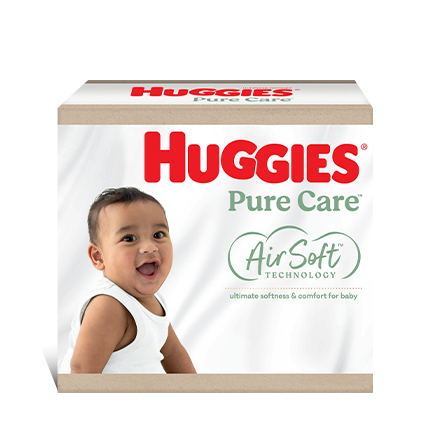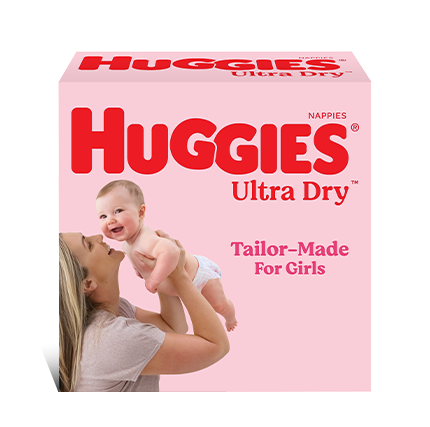Pregnant women benefit from eating healthy foods most of the time and still enjoy the occasional treat. Pregnancy is not a time for deprivation or giving up everything you hold precious and dear. For so many of us, food is a source of great pleasure and to feel as if you need to put your taste buds on hold for nine months is not only unrealistic, it is also very unkind.
Any pregnancy eating plan needs to include the aim of eating a varied, fresh and interesting diet. Think about the foods you eat in terms of what they will be doing for you and your baby. It won t be until your third trimester when you will need to increase the amount of kilojoules you have each day and, even then, some healthy snacks, an extra piece of fruit and glass of milk will help to meet your additional daily requirements.
It is the quality and diversity of nutrients in your diet which count during pregnancy, rather than food bulk . You would have heard the term work smart ; well, pregnancy is a time to eat smart and with your head, not just your taste-buds.
The importance of planning
Planning for meals during pregnancy really is the key to good nutrition. Running out of healthy food choices and looking despairingly at an empty fridge are to be avoided if at all possible. If you are time poor, think about shopping on-line, making lists, enlisting your partner's help or just being more organised. When it comes to food and eating well, it is always worth investing some time and energy.
How much food do I need to eat?
Aim to eat 5-6 times a day throughout your pregnancy. If you are not used to eating breakfast, now is the ideal time to start. People who don t kick start their day with a healthy meal tend to weigh more and don t work to their optimum capacity throughout the day. Their retentive memory, recall, concentration and focus all suffer because there isn t sufficient fuel in their body to feed their brain.
If you are watching your kilojoule intake, avoid thinking that missing breakfast will help you to maintain or even to lose weight. Instead of your body using up its fat stores, it will retain them. So give your metabolism a boost and eat something nutritious when you get up. Your baby needs the nutritional wake up as much as you do.
Foods to relieve pregnancy nausea
- Simple, easy to digest foods. Bread, toast, crackers, rice and pasta are fine.
- Non-complex, watery broths which contain filaments of meat or chicken and some root vegetables. Don t serve yourself too much at any one time and stop when you feel you've had enough. You are much better off eating small, more frequent meals than large portions which create uncomfortable fullness.
Last Published* May, 2024
*Please note that the published date may not be the same as the date that the content was created and that information above may have changed since.




















